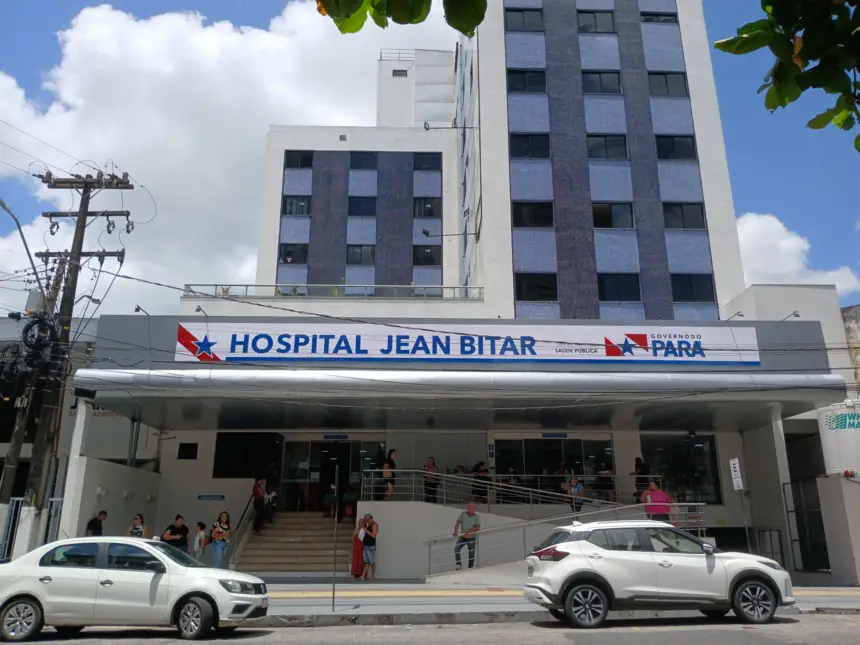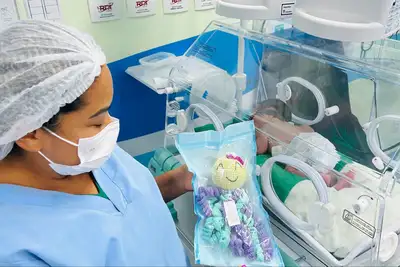Jean Bitar Hospital is a backup for assisting participants of COP 30
The unit is part of the set of state reference units that are on standby in the Metropolitan Region of Belém
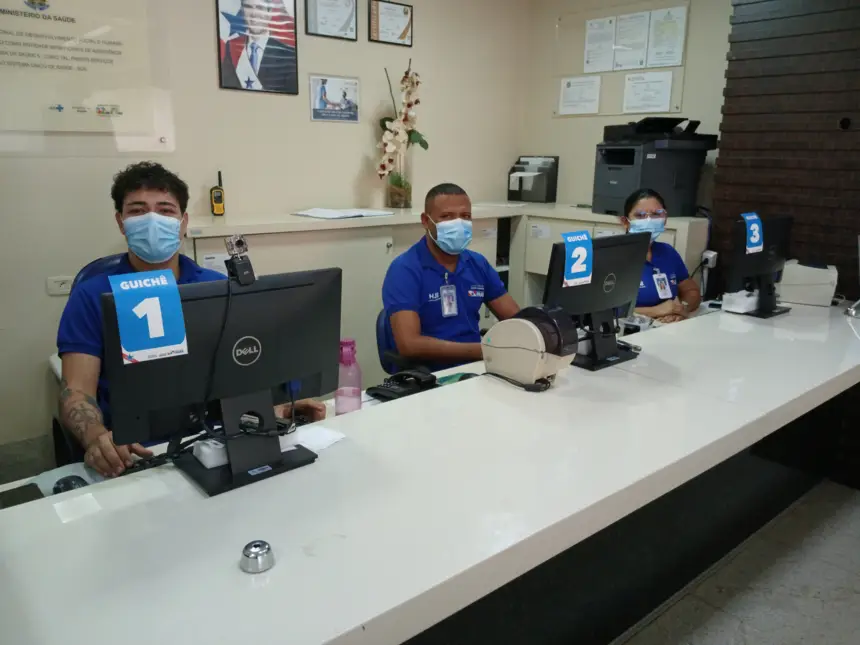
During the 30th United Nations Climate Change Conference (COP 30), the Government of Pará, through the State Department of Public Health (Sespa), ensures the full operation of the state hospital network and executes a strategic plan to meet possible health demands during the event. Jean Bitar Hospital (HJB) is part of the set of reference units that are on standby in the Metropolitan Region of Belém.
The HJB maintains its regular service and has renovated wards designated for backup, in addition to specific protocols for multiple casualty situations. The flow of care follows the model used in large international events, with initial triage at the Medical Care Posts of the conference and referral, via the Regulation Center, to reference hospitals, according to the complexity and clinical profile of each case.
The State Health Secretary, Ivete Gadelha, emphasizes that "during COP 30, the Government of Pará reinforces its commitment to the health safety of all participants and the Pará population. Jean Bitar Hospital is prepared to act as a backup unit, with qualified teams and updated protocols to ensure fast, efficient, and humanized care."
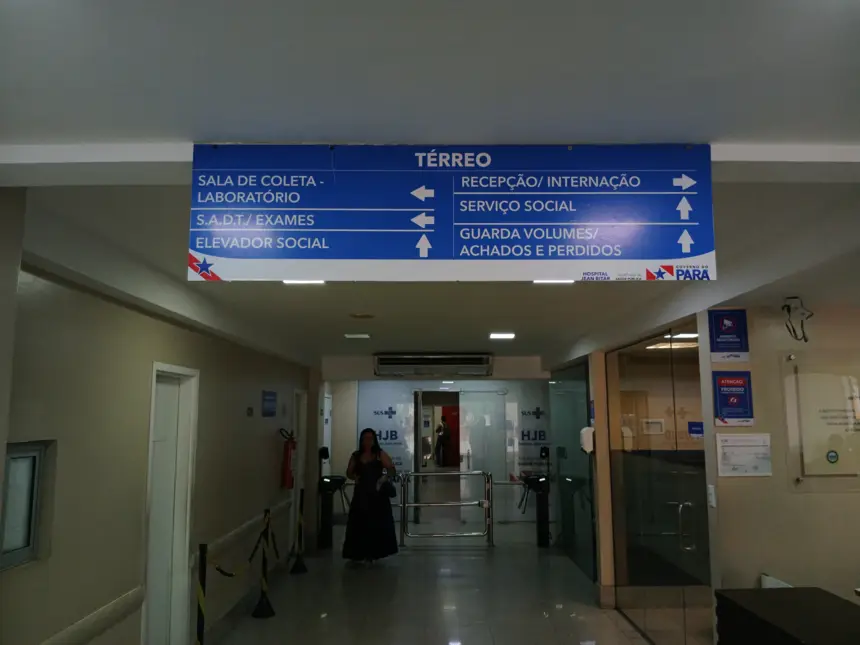
"Our work follows a strategic plan that involves the entire state network, with integrated regulation to welcome people from different nationalities. This is a concrete demonstration that the SUS can operate with excellence and organization, even in the face of large international events," said Ivete Gadelha, who added: "We are ready to handle any eventuality, without interrupting care for our regular patients. Jean Bitar continues to be a reference in assistance and reception, reaffirming Sespa's commitment to quality public health and to the good image of Pará before the world."
As part of the preparation to welcome participants from different nationalities, Sespa has implemented the Linguistic Matrixing Center, which offers bilingual support to health professionals throughout the event period.
According to the care manager, Alexandra do Carmo, HJB maintains care for regulated patients within the established care profile. For the COP 30 period, some wards have been designated for backup, with structural renovations on the floor where these beds are located.

"A Care Plan for Multiple Victim Situations has also been developed, should it be necessary to activate it. The team from the Hospital Epidemiology Center (NHE) is mobilized for the notification of compulsory diseases," highlighted the manager.
HJB demonstrates, in practice, that SUS can be a model of efficiency, ethics, and humanization. "Jean Bitar Hospital is prepared to act as a backup during COP 30, ensuring safe, humanized, and continuous care. We have reinforced our wards, updated protocols, and are aligned with the entire state network. Our commitment is to ensure that the population and visitors are welcomed with quality and agility," stated the hospital manager and Executive Director, Giovani Merenda.
Patient Raimunda Oliveira, 74 years old, retired, a resident of Belém, is hospitalized at HJB for surgery to remove lymphoma and praised the care received. "Participants of COP who need to come here will be very well received. I am being very well taken care of, with a tidy and complete bed," said the patient.
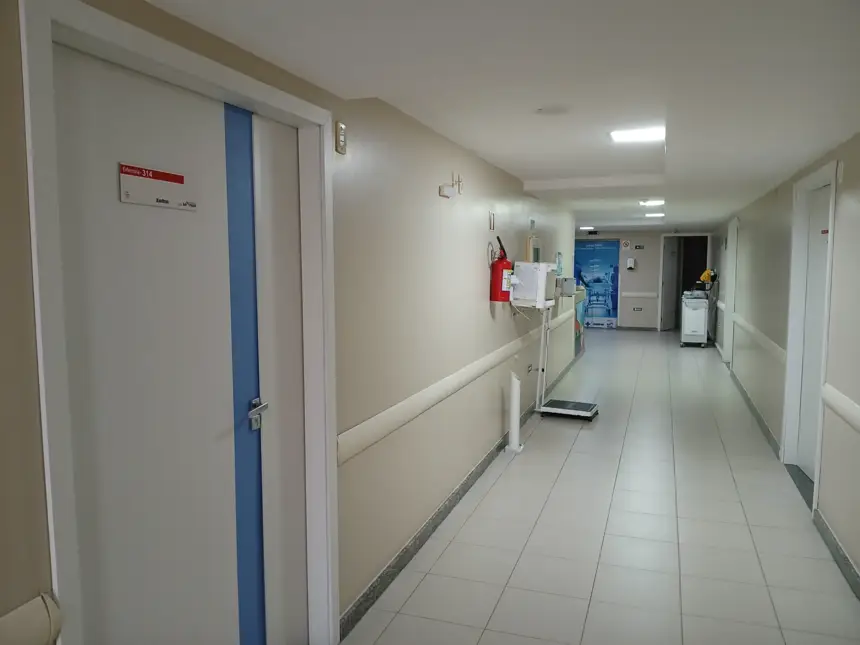
Service:
Jean Bitar Hospital belongs to the public health network of the government of Pará and is managed by the National Institute of Social and Human Development (INDSH), in partnership with the State Department of Public Health (Sespa).
HJB provides assistance in medium and high complexity in outpatient and hospital areas for transgender users, and in medical and surgical clinics for patients with metabolic and gastrointestinal diseases. The unit is located at Cônego Jerônimo Pimentel Street, No. 543, in the Umarizal neighborhood, in Belém.
Text by Marcelo Zeno / Ascom HJB


